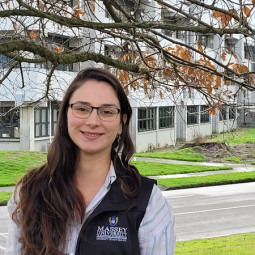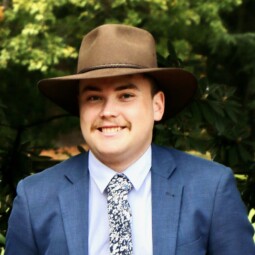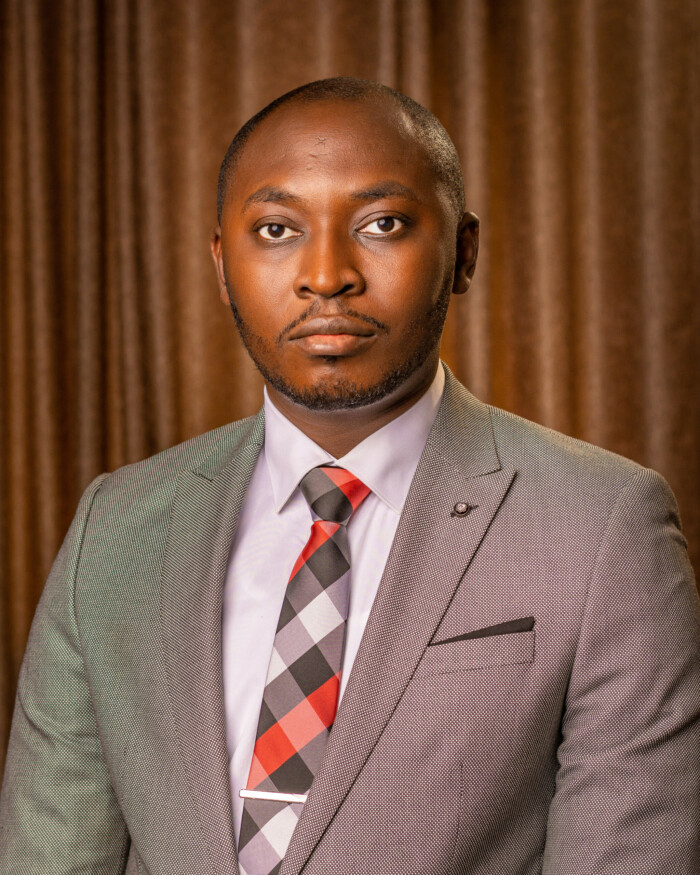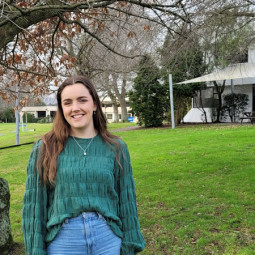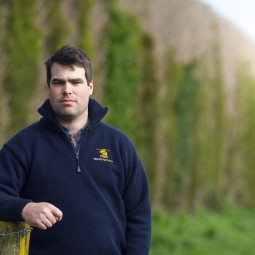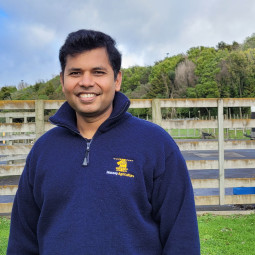Rebekah Wood
Name: Rebekah Wood
University: Massey University
Qualification you are working towards: Masters of Agricultural Science
What you are studying/project: My masters is a part of the Whenua Haumanu Project; looking into multispecies pastures and how differing management affects its production, composition and quality.
Why you find it interesting and why it is important: I always found the papers that I took in undergrad on plants and agronomy really interesting, especially toward the end of my degree. I had also worked on a farm with multispecies pastures right before my masters, which made me particularly interested in research around this topic. There is a large focus at the moment on research with multispecies pastures and the benefits in terms of production and quality for farm systems. However, there is limited information on the appropriate management of these pastures. Management has a large impact on production, quality and other factors of the pasture, which is why this research is important.
What made you want to study ag: Well, initially I came to Massey to study vet. When I didn’t get into the course in my first year, I decided to switch to the agricultural science degree to improve my grades. After a semester of studying ag, and spending the summer working my first job on a farm, I decided to continue the degree. I didn’t try to get into vet again, as I really enjoyed the topics covered, and how there was more than just an animal focus.
What do you hope to do in the future? I have been really enjoying research so far, and hope to continue it in the future. Whether that be doing a PHD, or a job in a relevant field.

